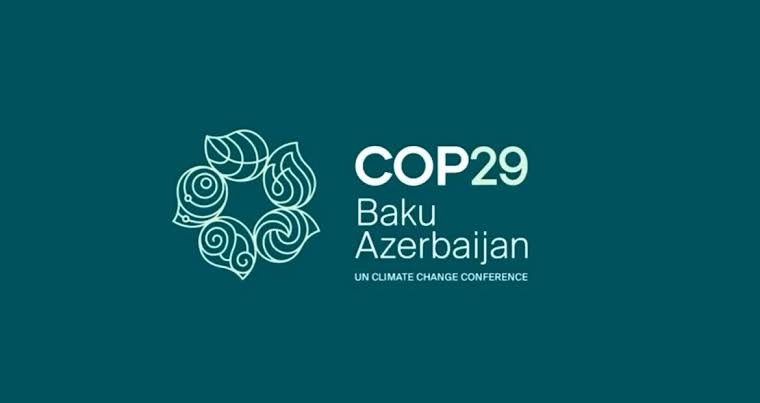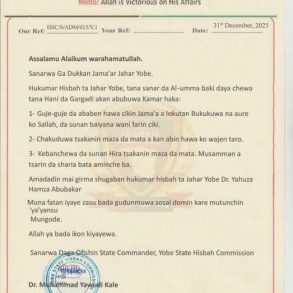December 06, 2024
By Samuel Ogunsona
African civil society organizations, including Corporate Accountability and Public Participation Africa and Health of Mother Earth Foundation, have reiterated their demand for $8 trillion in climate reparations from industrialized nations to the Global South.
Addressing the media in Abuja on December 4, 2024, the organizations expressed their disappointment with the outcome of the recently concluded COP29 climate talks.
They argued that the reparations payment would put an end to the ongoing debates over climate finances.
According to Nnimmo Bassey, Executive Director of Health of Mother Earth Foundation, “Scientists inform us that 2024 is the hottest year on record. The year has also recorded a high number of disastrous weather events.”
The groups faulted the policy of nationally determined contributions reached at the Paris talks in 2015, stating that Emissions Gap reports issued by the United Nations Environment Programme in 2023 and 2024 “clearly show that if nations carry out their NDCs, the world will experience temperature increases far above the 1.5C and 2.0C targets set by the Paris Agreement.”
They also criticized the COP29 outcome, which proposed “a miserly $300 billion which would come into effect in 2035.”
The organizations argued that this amount is insufficient and that the rich nations should pay up in trillions, not billions.
Furthermore, the groups warned against the acceptance of carbon markets to combat climate change, describing it as a false solution that provides a lifeline for polluters and fossil fuel companies.
The organizations also expressed concern over the developing world’s acceptance of carbon markets, stating that it exposes African countries to land grab, whereby “some countries have mortgaged their forests to carbon speculators with some ceding up to 10 and 20 per cent of their total land mass.”
In Nigeria, the groups noted a rise in speculators grabbing hundreds of thousands of mangrove forests to enable the so-called investors to trade in blue and other colors of carbon.
The organizations made several recommendations, including the need for community-led solutions to halt pollution at the source and ensure the sovereignty of African peoples over their forests, water bodies, and territories.
They also demanded an end to false solutions and called for the halting of emissions at source by urgently phasing out fossil fuels.
The groups emphasized the need for recognition of climate champions, communities, and nations that have kept fossil fuels in the ground, and demanded that they be duly compensated for their actions.
They called for an urgent clean-up of areas polluted by fossil fuel exploitation and provision of clean renewable energy to energy-poor communities.
The organizations also demanded that Nigeria and other African countries place a ban on geoengineering experimentations, including solar radiation management, ocean fertilization, rock weathering, and others.
They denounced false solutions and market-based mechanisms that include carbon offset schemes, carbon removals, and others.
The groups emphasized that the energy and other transitions must promote human rights and be inclusive of gender-responsive efforts with communities duly integrated in the decision-making processes.






